KPBS gathered 15 community leaders from across the South Bay at the San Ysidro Public Library Tuesday night to discuss what’s top of mind as the March 5 primary election approaches.
The room agreed — everyone knew the floods would happen.
Retired educator Norma Cázares said it’s not new. Her 84-year-old husband remembers Navy personnel rescuing him from a rooftop during South Bay floods in the 1950s, she said.
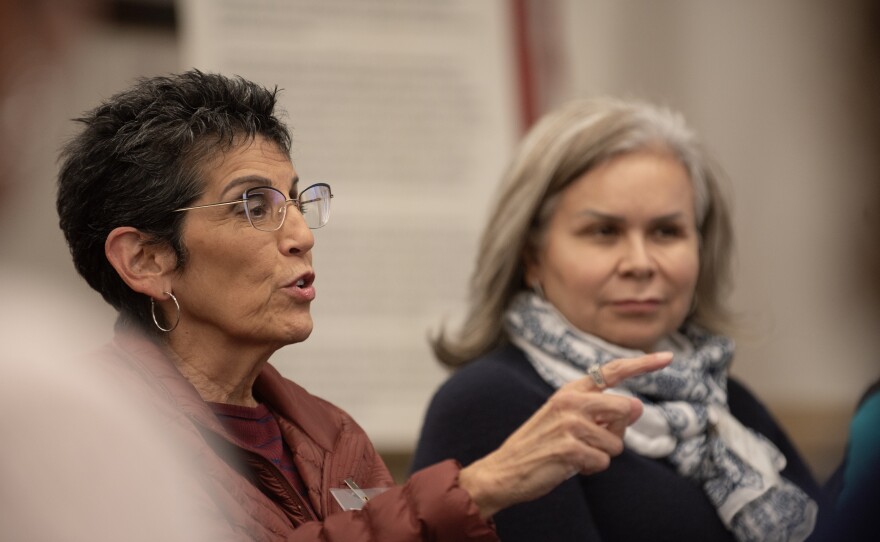
The gathered leaders — representing organizations in education, health, civic engagement and more — said neighbors have reported the storm drains for decades, and were ignored by the local government. It was just a matter of time.
San Ysidro Women’s Club vice president Alice De La Torre wants an investigation, and to ask elected officials: “Where are your priorities, and where do poor people stand in them?”
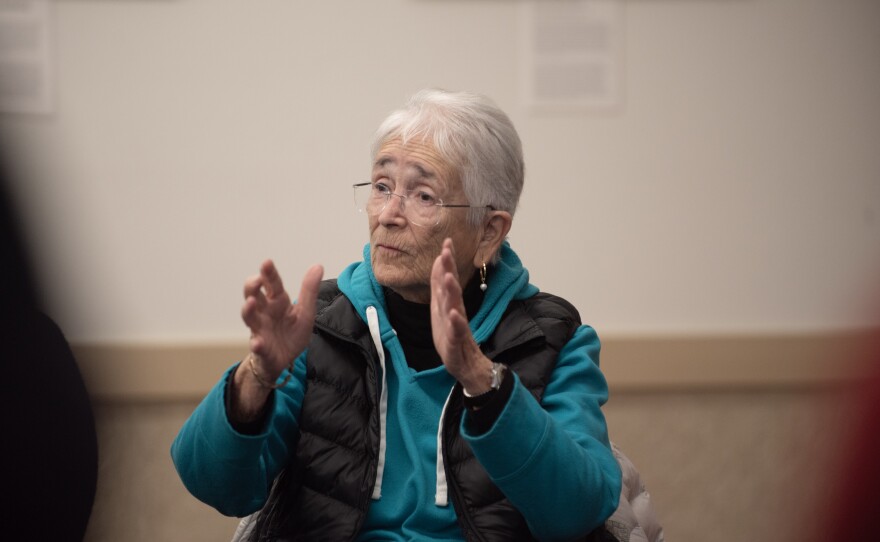
News publisher Fanny Miller said the Latino community often bears this neglect in silence, but with the waters, rose an anger she rarely sees.
“I'm really happy that they're pissed off because when something like that affects you? That's how people get involved,” she said.
She hopes that anger will drive people to the polls.
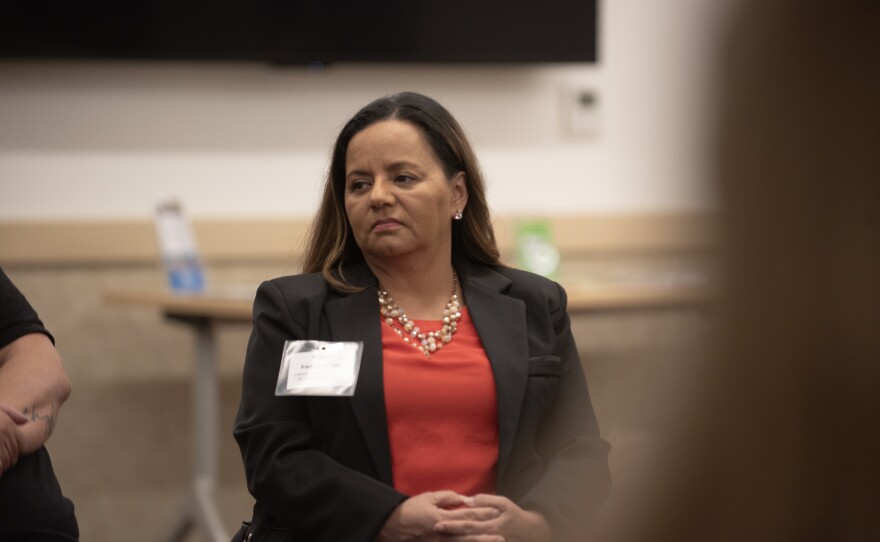
But those most affected — low-income people of color — face added barriers to voting.
Miller said first or second generation Latino immigrants often don’t understand the systems here. They don’t know who to hold responsible for what happened, or how.
API Initiative leader JoAnn Fields said for many — including Filipino, Vietnamese and Chinese residents — most public information isn’t available in their primary or only language.
“While it may not be visible right away that we're in the community, we're there, but we don't come out,” she said. “And we're not hard to reach — we're hardly reached.”
People working all day don’t have the time to vote, added Chula Vista High School student Izayah Ringfield.
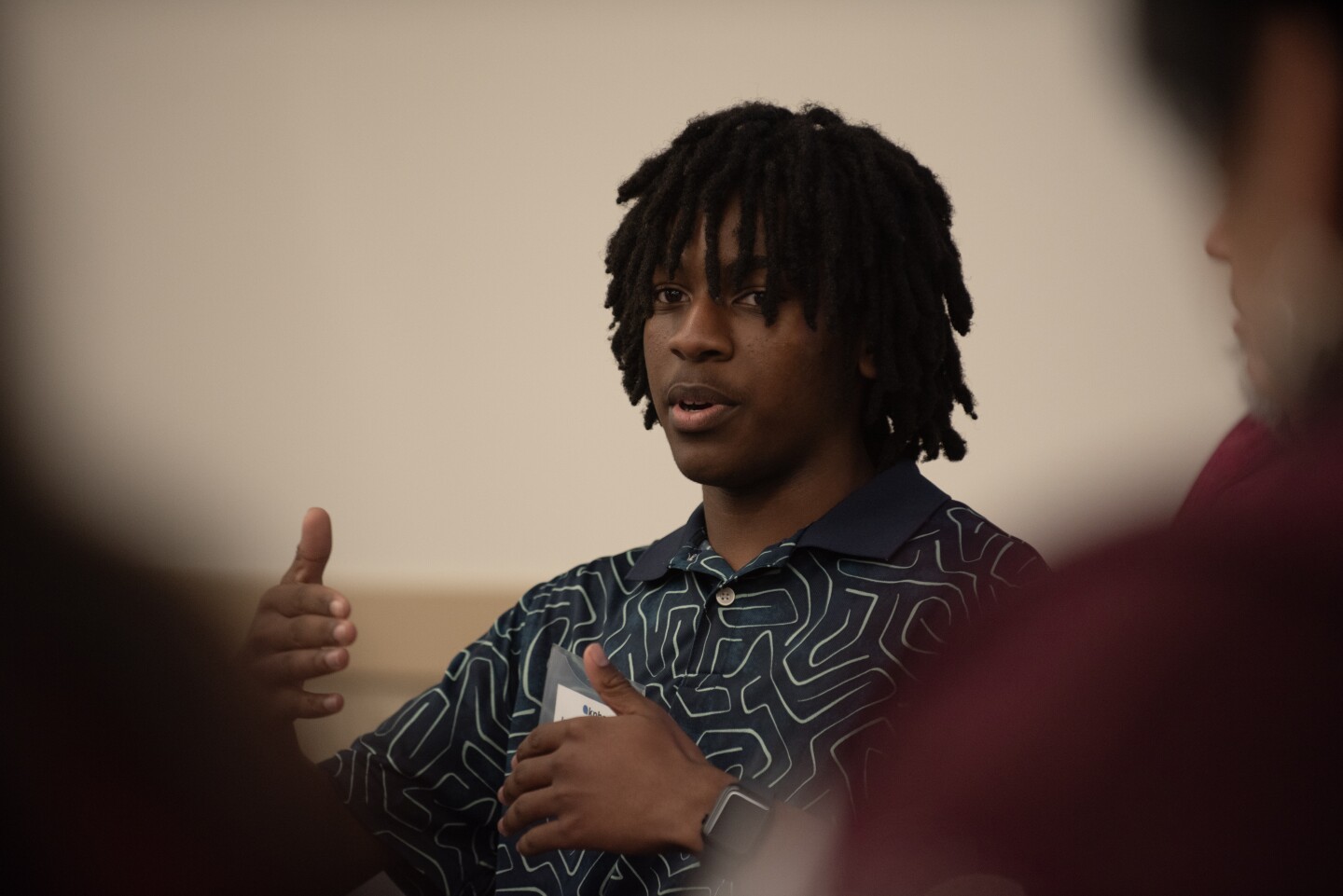
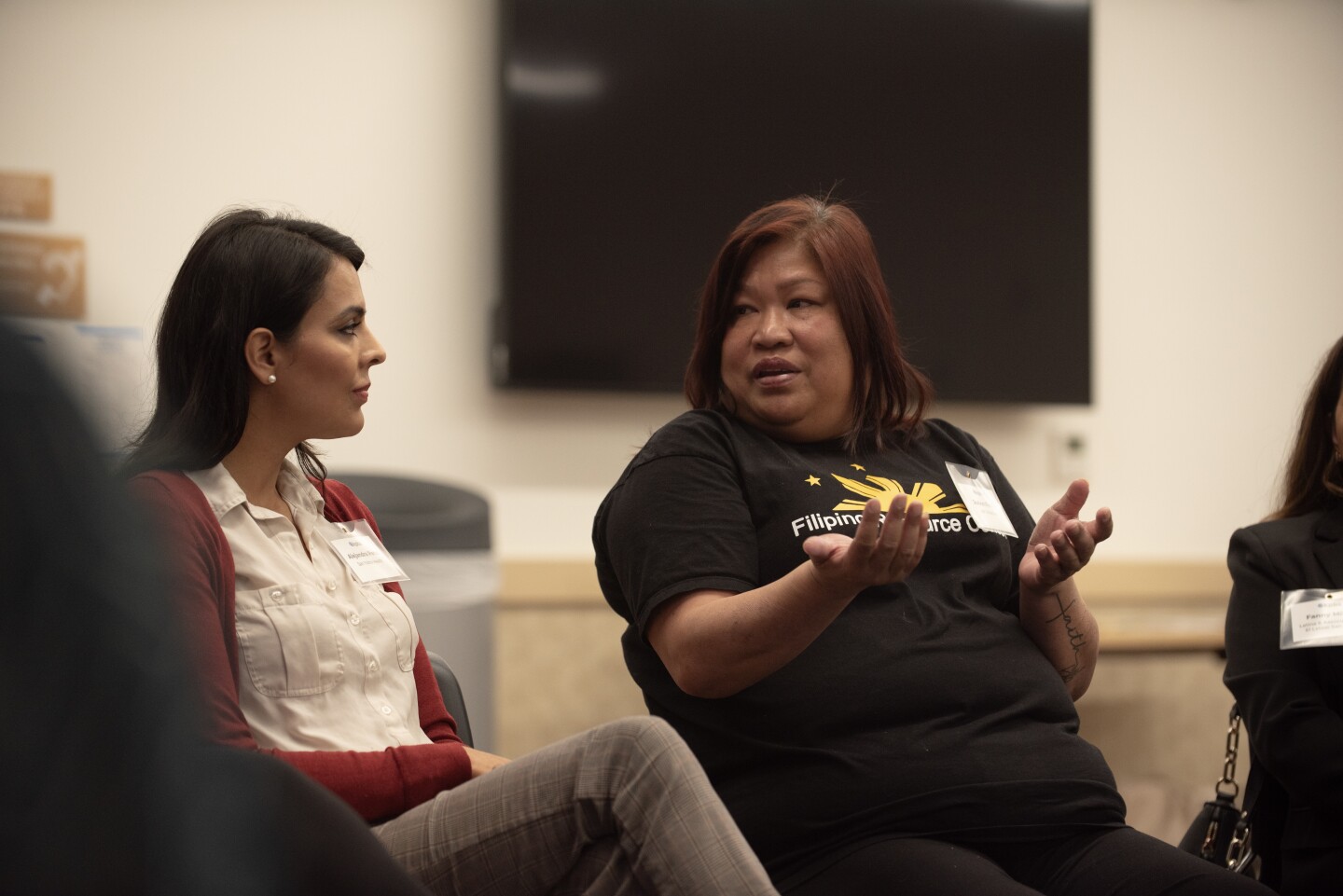
The flood just compounded these issues, said Cázares.
“Trying to make voting a priority is going to be very difficult, if not impossible, because they are on survival mode,” she said. “It's, ‘What do we need to do to get to the next day? Do we have a voucher today? How are we going to eat? What clothing are we going to wear?’”
Some wondered how those displaced by the floods would receive their mail-in ballot, and questioned what they would do if their identification documents were ruined or lost.
They said it’s crucial to overcome these barriers, but it’s hard to see how, with less than two weeks left to vote.






